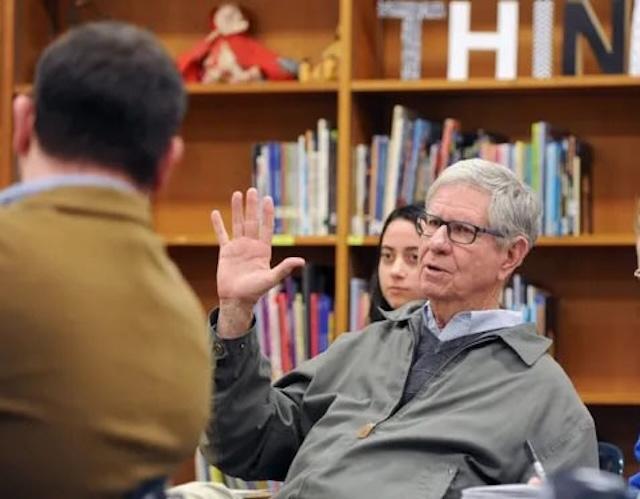Community is an important part of our lives, and last week I previewed five key issues I see impacting our communities both locally and globally: The Issues. I will speak to each in a more specific manner but for now, I want to address the key fact of how community influences and even shapes behavior.
Sociologist Ernest Burgess posited the Concentric Zone Theory of human behavior: where groups and individuals become more conforming and successful as they move out from the inner cities.
Obviously, not all urban areas are arranged as proposed by Burgess, but the interaction of persons to their residential zone explains and predicts human behavior including the gun violence we see in many areas.
Social unrest is exemplified by events in Minneapolis, Sydney, Las Vegas, Los Angeles, Philadelphia, Kansas City and those to come as captured by Martin Luther King Jr. when he says, “Social unrest is forcing America to face its flaws: racism, poverty, multiculturalism and materialism. It is exposing the flaws that are rooted deeply in the structure of our society.” It reveals systems that are not superficial.
Race and class are strong factors that shape human behavior. Jonathan Kozol has long stressed race as the key variable to human behavior. Isabel Wilkerson stresses social class. Of course, the two are very likely to interact.
So how do we build community?
The following are events that were designed to shake our nation and bring about positive social change. We must analyze how successful the change.
Brown vs Board of Education: this case was designed to desegregate not integrate schools. There are stringent differences. President Eisenhower stated this policy should occur with all deliberate speed by which he meant to occur slowly. (Just ask Ruby Bridges.)
The murder of Emmitt Till, a 10-year-old black child visiting family in Mississippi, is still a reminder of how desperately our nation can be in the throes of unthinkable evil. His mother had his casket open for all to see the evil done to her son.
Today, The University Assisted Community School and Service Learning program can and has proven that it can improve the goal of successfully working on social problems in a collaborative manner.
More examples of success and failure will be discussed from my personal point of view.
Bob Kronick is professor emeritus University of Tennessee. Bob welcomes your comments or questions to rkronick@utk.edu.

